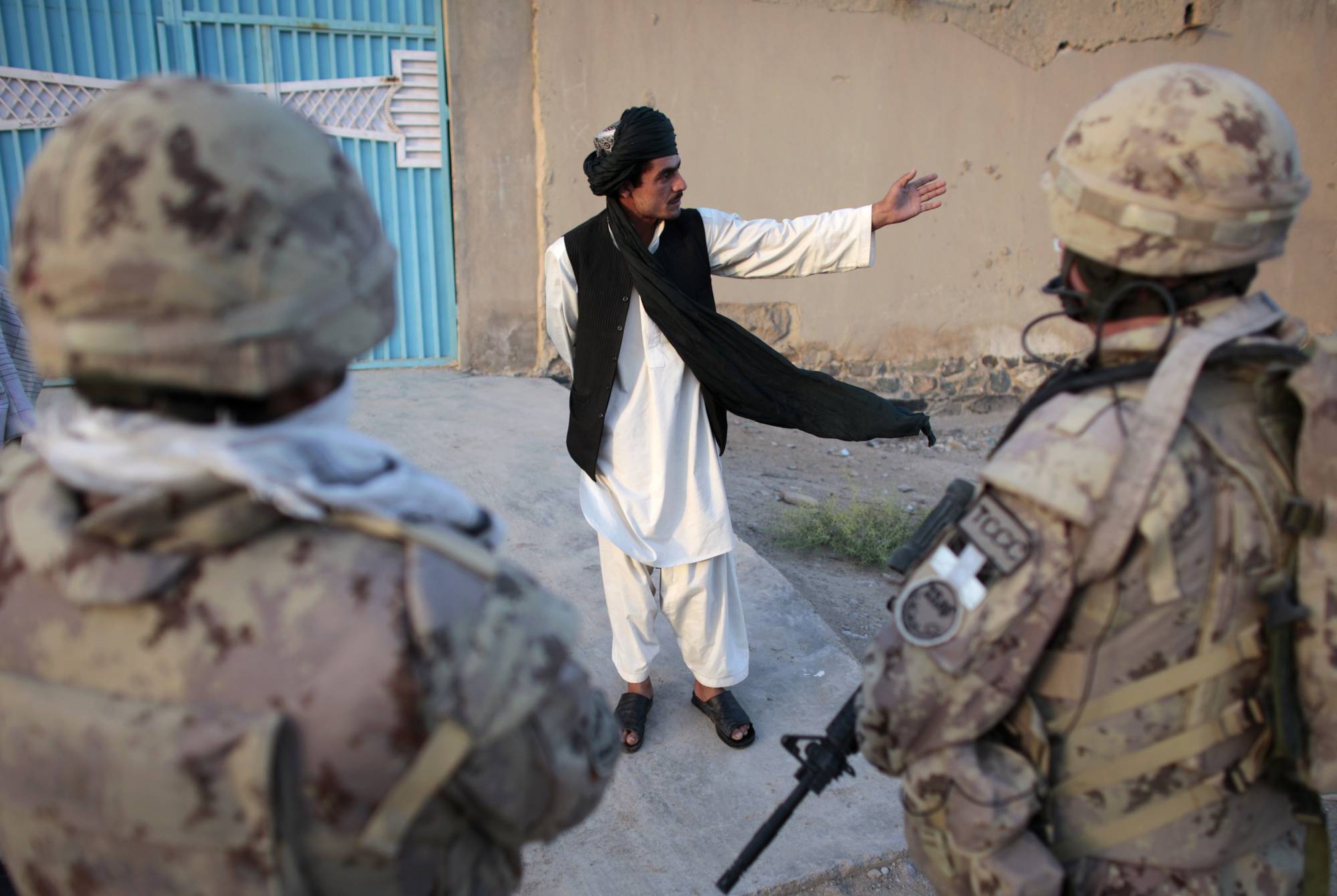The U.S. withdrawal from Afghanistan is nearly complete, with about half of the final contingent of 3,000 or so troops headed home in preparation for the mission’s conclusion on Sept. 11. As time grows short, the U.S. is facing a moral imperative: to rescue — in an orderly, safe and timely fashion — the Afghans who served closely alongside Americans during the 20-year war.
To understand the plight of these Afghans, look at what happened in South Vietnam in 1975, after the fall of the country to the Viet Cong. U.S. partners were often executed or imprisoned and "re-educated.” Their families suffered gravely. Washington must avoid that grim eventuality repeating itself.
Over the four years during which I was the strategic commander of Operation Enduring Freedom in Afghanistan, I frequently went from my North Atlantic Treaty Organization headquarters in Belgium to Kabul. After a night in the Afghan capital and briefings with the four-star general commanding the international forces "in-country,” I would typically spend a week or so flying around Afghanistan to visit NATO allies in the field.


















With your current subscription plan you can comment on stories. However, before writing your first comment, please create a display name in the Profile section of your subscriber account page.